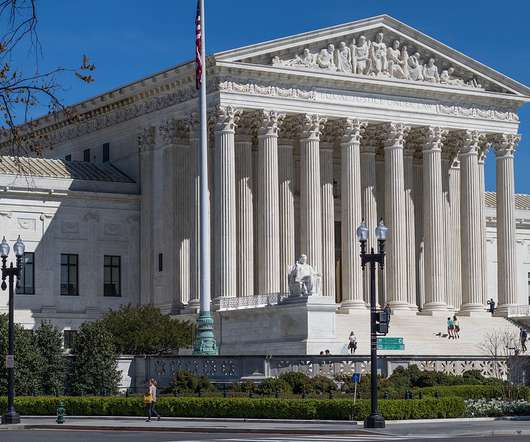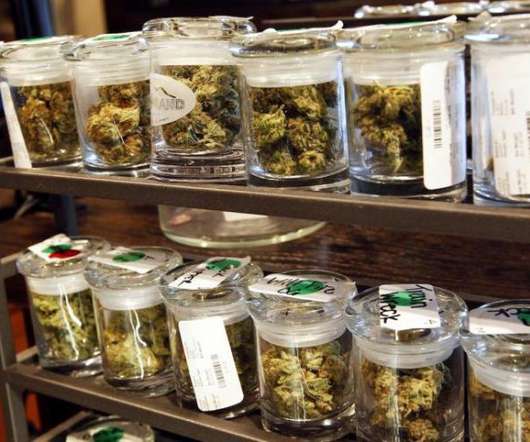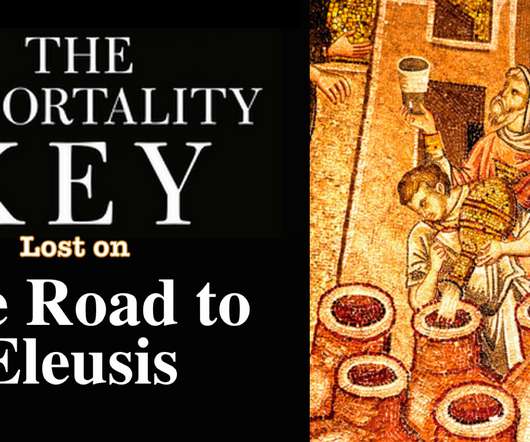Statements by Justice Clarence Thomas Are Not an Endorsement of Marijuana
NewsMunchies
JULY 1, 2021
Justice Thomas said the Supreme Court’s ruling in 2005 upholding federal laws making marijuana possession illegal may now be out of date. Federal policies of the past 16 years have greatly undermined its reasoning,” he said. Rate this blog post. And he was right. What’s important to understand about Justice Thomas’ remarks?





















Let's personalize your content